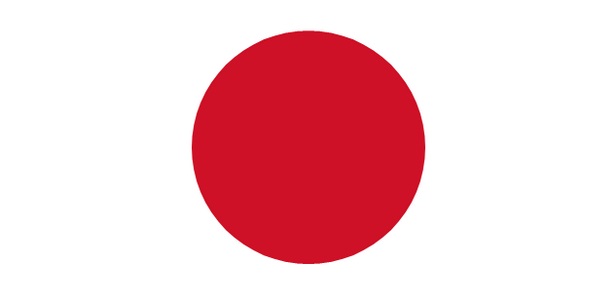Teach English in Japan

Start teaching abroad right away!
Teaching English in Japan
Teaching Positions may be found before entering Japan. Most of these are usually well paid jobs but the cost of living is high. Credentials for the best positions must include university education. Contracts are usually offered for up to one year. Competition is high for these lucrative teaching jobs as increasing numbers of foreigners make the transition. Japanese people are high achievers and are very committed to learning English. The best time of year to come to work in Japan is in March, which is the start of the school year.
If you work outside of Tokyo you may need to obtain an international drivers’ license as schools can provide the teacher with a car. There exist such employment programs where the teacher works alongside a Japanese teacher to help one get oriented to methods used in the country. Some foreigners can take up to six months to adjust to the culture. Full time salaries for qualified teachers are estimated at $2,100 US}d per month based upon an hourly wage, return airfare is usually provided, and a minimum number of hours can be arranged. Private lessons can be charged at $20 to $40 USD per hour. Income tax rates are low. Additionally, some schools will provide accommodations free of charge.
Traveling to Japan
Affectionately known as the land of the rising sun, Japan has shown its strength in terms of being able to recover from sharp economic changes and isolationist rule. It has been a sovereign nation since 660 BC founded by Emperor Jimmu. In past times, the country has attacked both China and the USA. Geographically it is a chain of islands which is in between the North Pacific Ocean, Sea of Japan and East of Korea. The terrain is rugged, about 80% mountainous and contains volcanoes; the earth shifts at least 1,500 times per year quite unnoticeably. The islands are susceptible to tsunamis and typhoons. Climate is tropical in the south with temperatures ranging from 70F to 90F and cooler in the north with temperatures ranging from 50 F to 80 F. Currency is approximately $1 USD to 120 Japanese Yen. Both economically and technologically Japan is one of the top in the world in terms of prosperity.
Japanese people are known for their strong work ethic and expertise in the field of electronics. Relationships between people are based upon the strong foundation of trust. Holiday celebrations honor people; some are for the aged and some for the young. Lifestyle is high as most Japanese people can afford luxuries; they enjoy vacations particularly in the USA. Life expectancy is rated the highest in the world for females 85 and males 78 on average. As unexpected as it may seem, arranged marriages still exist today. Strong traditions exist between people which have elaborate social rules. Social honor is of immense importance.
Rice and seafood dominate the Japanese diet. March to May is the most popular time to visit as it is when many spring festivals occur and the country is spectacularly covered in cherry blossoms. Kyoto, with a population of 2 million people is the creative center, with temples, shrines, gardens and officially recognized worldwide heritage structures. Japanese people are quite ahead of the times in terms of style and art, so the visitor will be exposed to some sophisticated ultra modern works. Animation and computers carry much favor in the creative scene. This is a “switched on” lively culture.
Tokyo has a population of over 12 million people; it has two vibes one that is ultra calm and one that is ultra exciting. The city shows the most commercial side of the Japanese culture. The pulse on the streets can take one’s breath away. Shopping is a science and an art; options in electronics are infinite. The nightlife is a place to let down all barriers to language and culture as the spirit of the people shows that they are eager to share their enjoyment of life. The menus for cocktails, beer and food are quite out of the ordinary; in fact the visitor will have all of their senses stimulated by time spent in the big city. There are numerous spas available, which are a great custom to Japanese. These “onsen” places are where the visitor will receive hot water spa therapy and share a bath with several others. The motto is “to expect the unexpected in Tokyo.”










